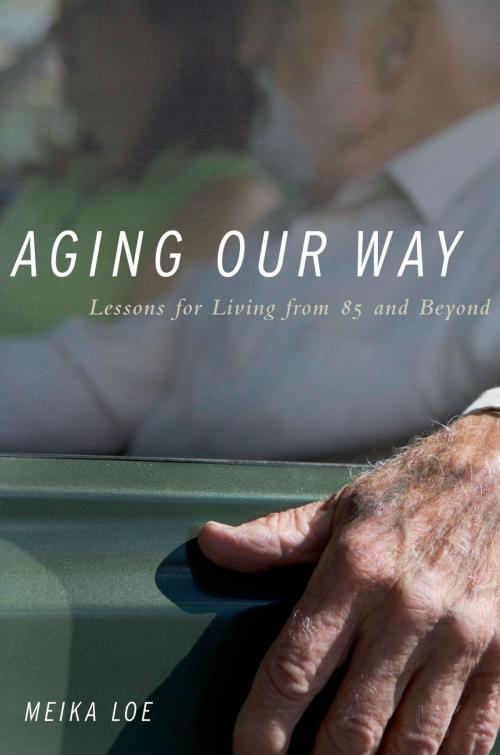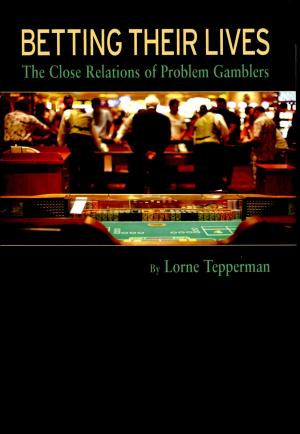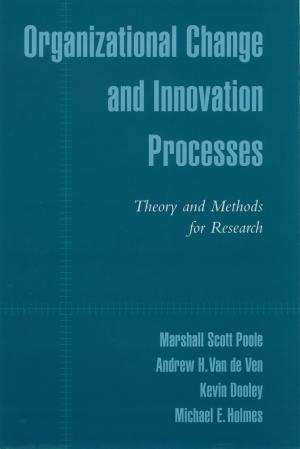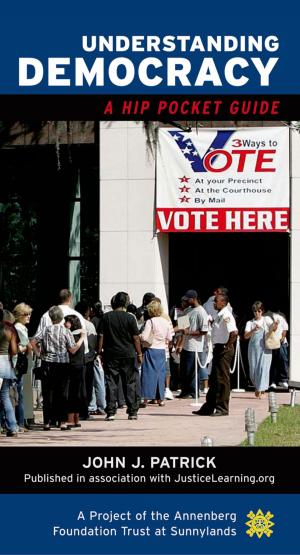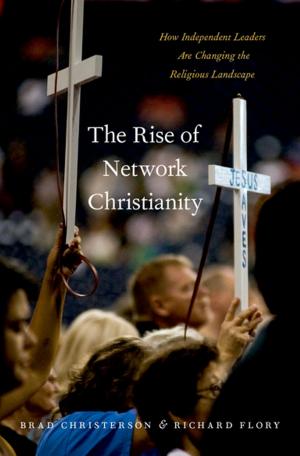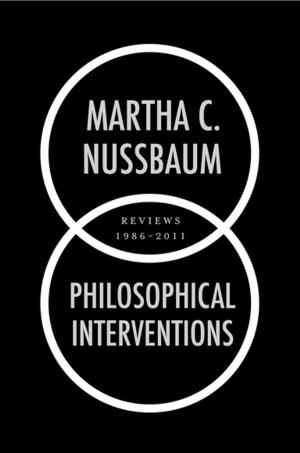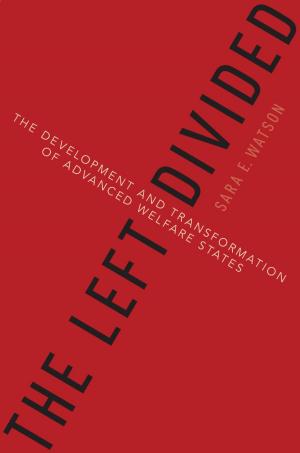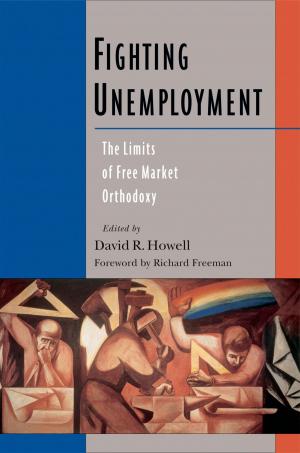Aging Our Way
Lessons for Living from 85 and Beyond
Nonfiction, Social & Cultural Studies, Social Science, Gerontology, Social Work| Author: | Meika Loe | ISBN: | 9780199912094 |
| Publisher: | Oxford University Press | Publication: | October 3, 2011 |
| Imprint: | Oxford University Press | Language: | English |
| Author: | Meika Loe |
| ISBN: | 9780199912094 |
| Publisher: | Oxford University Press |
| Publication: | October 3, 2011 |
| Imprint: | Oxford University Press |
| Language: | English |
In 1998, Hallmark unveiled their new "One-Hundredth-Birthday" cards, and by 2007 annual sales were at 85,000. America is rapidly graying: between now and 2030, the number of people in the U.S. over the age of 80 is expected to almost triple. But how long people live raises the question of how well they live. Aging Our Way follows the everyday lives of 30 elders (ages 85-102) living at home and mostly alone to understand how they create and maintain meaningful lives for themselves. Drawing on the latest interdisciplinary scholarship on aging and three years of interviews with the elders, Meika Loe explores how elders navigate the practical challenges of living as independently as possible while staying healthy, connected, and comfortable. While most books on the subject treat old age as a social problem and elders as simply diminished versions of their former selves, Aging Our Way views them as they really are: lively, complicated, engaging people finding creative ways to make their aging as meaningful and manageable as possible. In their own voices, elders describe how they manage everything from grocery shopping, doctor appointments, and disability, to creating networks of friends and maintaining their autonomy. In many ways, these elders can serve as role models. The lessons they have learned about living in moderation, taking time for themselves, asking for help, keeping a sense of humor, caring for others, and preparing for death provide an invaluable source of wisdom for anyone hoping to live a long and fulfilling life. Through their stories, Loe helps us to think about aging, well-being, and the value of human relationships in new ways. Written with remarkable warmth and depth of understanding, Aging Our Way offers a vivid look at a group of people who too often remain invisible--those who have lived the longest--and all they have to teach us.
In 1998, Hallmark unveiled their new "One-Hundredth-Birthday" cards, and by 2007 annual sales were at 85,000. America is rapidly graying: between now and 2030, the number of people in the U.S. over the age of 80 is expected to almost triple. But how long people live raises the question of how well they live. Aging Our Way follows the everyday lives of 30 elders (ages 85-102) living at home and mostly alone to understand how they create and maintain meaningful lives for themselves. Drawing on the latest interdisciplinary scholarship on aging and three years of interviews with the elders, Meika Loe explores how elders navigate the practical challenges of living as independently as possible while staying healthy, connected, and comfortable. While most books on the subject treat old age as a social problem and elders as simply diminished versions of their former selves, Aging Our Way views them as they really are: lively, complicated, engaging people finding creative ways to make their aging as meaningful and manageable as possible. In their own voices, elders describe how they manage everything from grocery shopping, doctor appointments, and disability, to creating networks of friends and maintaining their autonomy. In many ways, these elders can serve as role models. The lessons they have learned about living in moderation, taking time for themselves, asking for help, keeping a sense of humor, caring for others, and preparing for death provide an invaluable source of wisdom for anyone hoping to live a long and fulfilling life. Through their stories, Loe helps us to think about aging, well-being, and the value of human relationships in new ways. Written with remarkable warmth and depth of understanding, Aging Our Way offers a vivid look at a group of people who too often remain invisible--those who have lived the longest--and all they have to teach us.
